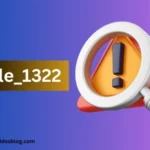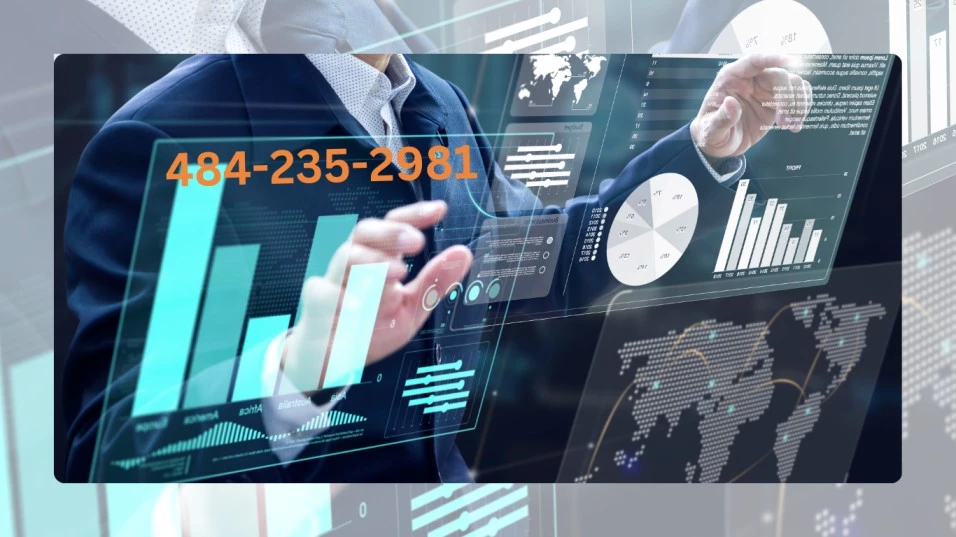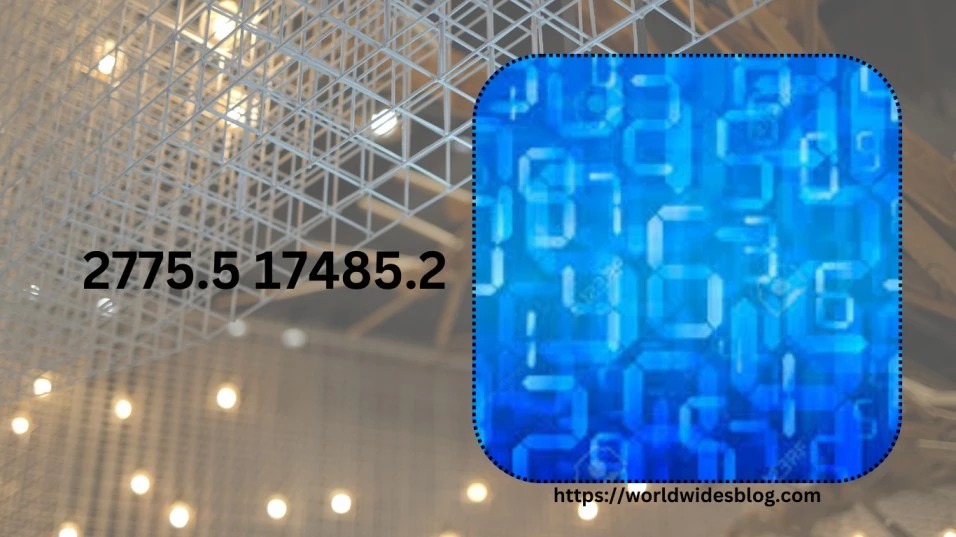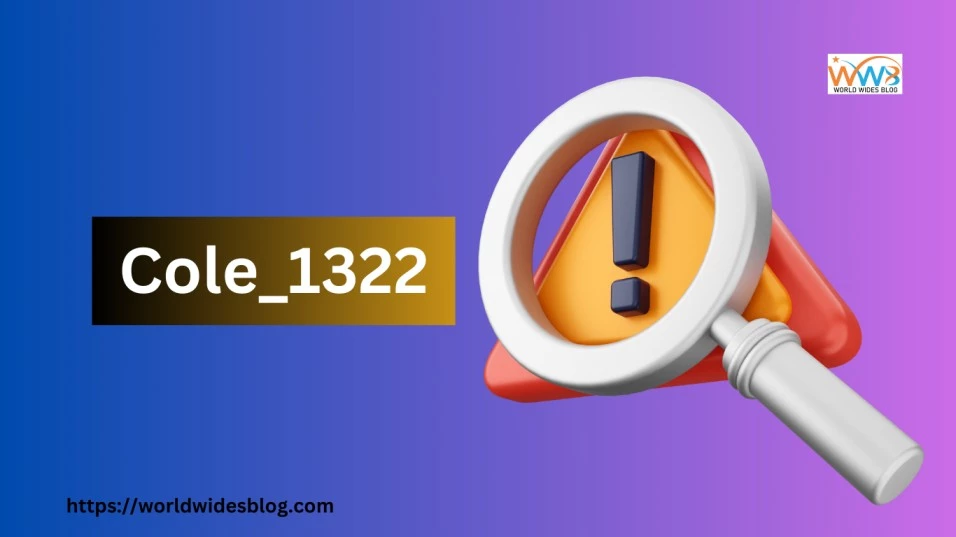In today’s digital age, phone numbers are crucial in our daily lives. They help us stay in touch with friends, family, and businesses. However, not every number on our screens is welcome; some can even be mysterious. One such number that has been causing a stir is 484-235-2981. But what exactly is this number, and why has it caught so much attention?
What is 484-235-2981?
The phone number 484-235-2981 is associated with an area code that covers parts of Pennsylvania, specifically the southeastern region, including areas around Philadelphia. However, the specific number 484-235-2981 has yet to have a publicly known or widely recognised affiliation. It could be used by various entities such as telemarketers, businesses, or even individuals.
Many people report receiving calls from this number without knowing who is calling, and it might be linked to telemarketing, robocalls, or even scams. If you receive a call from this number and are unsure of its origin, it’s generally advised to exercise caution. If you suspect it’s a spam or scam call, you can block the number, avoid answering, or use a reverse phone lookup service to gather more information.
The Rise of Unidentified Phone Numbers
Unidentified phone numbers have become a common nuisance in our modern world. Whether it’s a robocall, a telemarketer, or something more nefarious, the prevalence of unknown callers has significantly impacted our daily lives. These calls often disrupt our routines, leaving us wondering about the caller’s identity.
Breaking Down the Number: 484-235-2981
To understand the significance of 484-235-2981, we first need to break down the number. The 484 area code is primarily associated with the state of Pennsylvania. It is part of an overlay plan that covers the same geographic area as the 610 area code. The remaining digits, 235-2981, could belong to any individual or organisation within that region.
Who Might Be Behind 484-235-2981?
The identity of the person or entity behind 484-235-2981 remains unclear. However, there are several possibilities:
- Telemarketers: These are the most common culprits. They use local numbers to increase the chances of people picking up the call.
- Scam Callers: Scammers often spoof local numbers to gain the recipient’s trust.
- Legitimate Businesses: Sometimes, businesses use local numbers to contact customers for legitimate purposes.
How to Trace a Phone Number
If you’re curious or concerned about a call from 484-235-2981, several tools and services can help you trace the number:
- Reverse Phone Lookup Services: Websites like Whitepages and Truecaller offer free, paid options to identify unknown callers.
- Carrier Services: Many phone carriers offer tools to help identify or block unwanted calls.
- Legal and Ethical Considerations: Always ensure you’re using these services legally and ethically, respecting privacy laws and regulations.
The Psychology of Answering Unknown Calls
Have you ever felt an irresistible urge to answer an unknown call? You’re not alone. The psychology behind this compulsion often stems from FOMO or the Fear of Missing Out. We wonder if it could be something essential or an opportunity we can’t miss, even when we suspect it’s a nuisance call.
Potential Risks of Answering Unknown Numbers
While curiosity might drive you to answer unknown calls, there are significant risks involved:
- Scams: Many unknown calls are associated with fraudulent schemes that steal personal information.
- Identity Theft: Providing any information to unknown callers can make you vulnerable to identity theft.
- Harassment: Sometimes, answering an unknown call can lead to persistent harassment.
What to Do When You Receive a Call from 484-235-2981
If you receive a call from 484-235-2981, consider taking the following steps:
- Don’t Answer Immediately: Let it go to voicemail. If it’s essential, they will leave a message.
- Block the Number: Use your phone’s built-in features or a third-party app to block the number.
- Report the Number: If you think it might be a scam, tell the Federal Trade Commission (FTC) or your local police.
Real-Life Cases: Experiences with 484-235-2981
Many people have reported receiving calls from 484-235-2981 and shared their experiences online. These calls are commonly linked to telemarketing or phishing attempts. Some users reported multiple calls per day, while others noted that the caller would hang up as soon as the call was answered.
Understanding the Legal Aspect
Unsolicited calls aren’t just annoying; they can be illegal. The Telephone Consumer Protection Act (TCPA) restricts telemarketing calls and automated dialling systems. If you feel harassed by calls from 484-235-2981, 47.111.30.135, you can take legal action. Reporting these calls to the proper authorities can help prevent further harassment.
Protecting Yourself from Unwanted Calls
Tips and Strategies
- Sign up with the National Do Not Call Registry. This helps you get fewer unwanted calls.
- Don’t Share Your Number Freely: Limit the distribution of your phone number to trusted sources only.
- Screen Calls: Let unknown calls go to voicemail and only respond if the message seems legitimate.
Using Technology to Your Advantage
- Call-Blocking Apps: Install apps like Hiya or Nomorobo to automatically block unwanted or suspicious calls.
- Built-In Features: Use your phone’s built-in features to block numbers and manage call settings.
- Caller ID Services: Use services that find and block spam calls.
The Importance of Staying Informed
- Educate Yourself on Scams: Stay updated on ordinary phone and fraud tactics.
- Regularly Update Security Settings: Keep your call-blocking and privacy settings current to protect against new threats.
- Monitor Your Call Logs: Check your call history often. Look for any strange or suspicious calls and report them if you find any.
The Role of Phone Carriers in Managing Unknown Calls
Phone carriers have a responsibility to help manage and reduce the number of unwanted calls. Many offer services like Caller ID and Call Filtering, which can identify and block potential spam. However, these services aren’t foolproof; some spam calls may still get through.
Public Databases and Community Forums
Public Databases
The databases, such as those provided by websites like Whitepages or Intelius, can help identify unknown numbers by cross-referencing them with publicly available information. These databases often include details from phone directories, public records, and business listings.
Online Communities
Community forums and websites, such as 800notes and WhoCallsMe, let people share their experiences and information about unknown phone numbers.
These platforms can help see if others have reported similar calls and identify patterns or potential scams.
Pros and Cons
Here are some general pros and cons related to receiving calls from an unidentified phone number like 484-235-2981:
Pros:
- Opportunity for Networking: It could be a call from a potential new contact or opportunity.
- Customer Service: It might be a legitimate call from a company or service you’ve interacted with.
- Important Information: The call could be providing valuable information or updates.
Cons:
- Scams and Fraud: Unidentified numbers might be used for scams or fraudulent activities.
- Privacy Concerns: Answering unknown calls can lead to unwanted solicitations or data collection.
- Potential Costs: Some calls might be premium rates or could incur charges.
If you’re unsure about the number, you can look it up online, check if it’s associated with known scams, or use a call-blocking app.
The Future of Phone Security
The future of phone security is evolving rapidly to address new threats and challenges. Here are some significant trends and new developments:
Trends and Advancements
- Biometric Authentication:
- Fingerprint Scanning: Increasing accuracy and speed of fingerprint recognition.
- Facial Recognition: Enhanced 3D scanning and liveness detection to prevent spoofing.
- AI and Machine Learning:
- Threat Detection: AI algorithms analyse patterns to detect unusual behaviour and potential threats.
- Fraud Prevention: Machine learning models identify and block fraudulent activities in real time.
- End-to-End Encryption:
- Secure Messaging: Encrypted messaging services make sure that only the people you want to see your messages can read them.
- Data Protection: End-to-end encryption for calls, texts, and data storage.
- Zero Trust Architecture:
- Access Control: Verifying every access attempt, regardless of the network or location, to ensure it’s legitimate.
- Continuous Monitoring: Regularly check for and respond to security threats.
- Secure Elements and Hardware:
- Trusted Execution Environments (TEEs): Isolated areas in processors to protect sensitive data.
- Secure Chips: Hardware designed to resist tampering and unauthorised access.
- Improved User Awareness:
- Education and Training: Increased focus on educating users about best security practices.
- Privacy Controls: Enhanced tools for users to manage and control their data and permissions.
- Blockchain Technology:
- Decentralised Security: Using blockchain to secure transactions and communications.
- Identity Verification: Blockchain-based systems for secure and verifiable digital identities.
Challenges
- Evolving Threats: Constantly changing tactics by cybercriminals require ongoing adaptation of security measures.
- Privacy vs. Security: Balancing robust security measures with user privacy concerns.
- Complexity: Increased security features can make devices more complex and more challenging for average users to manage.
In the future, phone security will use these new technologies to make devices safer and more accessible.
Conclusion
Receiving a call from an unknown number like 484-235-2981 can be unsettling. While it might be nothing more than a telemarketer, staying cautious and protecting your personal information is essential. By understanding the risks, using available tools, and staying informed, you can safeguard yourself from the potential dangers of unidentified callers.
FAQs
1. What should I do if I keep receiving calls from 484-235-2981?
- Consider blocking and reporting the number to the relevant authorities if the calls persist.
2. Is there a way to permanently block unknown numbers?
- Yes, most smartphones and carriers offer features to block unknown or suspicious numbers permanently.
3. How can I verify the legitimacy of a phone number?
- You can use reverse phone lookup services or contact your phone carrier to verify a number.
4. What legal actions can I take against persistent unknown callers?
- You can file a complaint with the FTC or consult a legal professional to explore your options under the Telephone Consumer Protection Act (TCPA).
5. How can I keep my personal information safe from phone scams?
- Never give personal information to strangers on the phone. Use call-blocking apps and stay informed about common phone scams.











